[Anchor]
On Jan. 20, former President Trump will be inaugurated as the new President of the United States.
President-elect Trump has announced a strong protectionist stance, stating that America comes first, even before taking office.
He has stated that he will impose a so-called 'universal tariff' of 10 to 20 percent on all countries.
If implemented, our companies, which have not had to pay tariffs due to the Korea-U.S. FTA, will face a significant burden.
There are also concerns that the semiconductor and electric vehicle subsidies promised to our companies in exchange for U.S. investment may become nonexistent.
As the change in the U.S. administration becomes an immediate concern, companies are contemplating countermeasures, while plans to expand investments in our key industry, automobiles, are being pursued.
Lee Do-yoon reports.
[Report]
Hyundai Steel supplies automotive steel plates to Hyundai Motor and Kia.
It is reported that they are considering building their first large steel mill in the U.S.
The plan is to produce molten iron, manufacture steel plates, and supply them to local automotive factories, all within the U.S.
Discussions are also ongoing with U.S. state governments, with the southern region, where Hyundai and Kia factories are located, being mentioned as a strong candidate for the site.
The local production capacity of Hyundai and Kia in the U.S. is expected to reach up to 1.2 million units annually, which calls for a large-scale investment.
This move is largely a preemptive response to the incoming Trump administration.
[Cho Cheol/ Senior Researcher, Korea Institute for Industrial Economics and Trade: "What Trump considers important is how much is produced locally and how many jobs are created. It won't be easy to build more automotive plants, so increasing local investments in sectors like steel seems likely..."]
The electric vehicle subsidies that President-elect Trump plans to reduce or eliminate, along with the tariffs he intends to raise, are the biggest challenges facing our automotive industry.
Steel has also been a representative item with heightened tariff barriers since the first Trump administration.
[Steel Industry Official/Voice Altered: "Since Trump implemented steel quotas, there are concerns that negotiations could worsen again or become unfavorable for us."]
The Hyundai Motor Group recently emphasized crisis response at their New Year’s meeting.
[Chang Jae-hoon/ Vice Chairman of Hyundai Motor/Jan. 6: "(Have you had any contact with the Trump administration yet?) Not yet. Internally, we are preparing to focus on various market responses."]
Hyundai Steel has stated that no decisions have been made regarding the establishment of a steel mill in the U.S., but the industry expects that investments by Korean companies in the U.S. will continue to increase during the Trump era.
KBS News, Lee Do-yoon.
On Jan. 20, former President Trump will be inaugurated as the new President of the United States.
President-elect Trump has announced a strong protectionist stance, stating that America comes first, even before taking office.
He has stated that he will impose a so-called 'universal tariff' of 10 to 20 percent on all countries.
If implemented, our companies, which have not had to pay tariffs due to the Korea-U.S. FTA, will face a significant burden.
There are also concerns that the semiconductor and electric vehicle subsidies promised to our companies in exchange for U.S. investment may become nonexistent.
As the change in the U.S. administration becomes an immediate concern, companies are contemplating countermeasures, while plans to expand investments in our key industry, automobiles, are being pursued.
Lee Do-yoon reports.
[Report]
Hyundai Steel supplies automotive steel plates to Hyundai Motor and Kia.
It is reported that they are considering building their first large steel mill in the U.S.
The plan is to produce molten iron, manufacture steel plates, and supply them to local automotive factories, all within the U.S.
Discussions are also ongoing with U.S. state governments, with the southern region, where Hyundai and Kia factories are located, being mentioned as a strong candidate for the site.
The local production capacity of Hyundai and Kia in the U.S. is expected to reach up to 1.2 million units annually, which calls for a large-scale investment.
This move is largely a preemptive response to the incoming Trump administration.
[Cho Cheol/ Senior Researcher, Korea Institute for Industrial Economics and Trade: "What Trump considers important is how much is produced locally and how many jobs are created. It won't be easy to build more automotive plants, so increasing local investments in sectors like steel seems likely..."]
The electric vehicle subsidies that President-elect Trump plans to reduce or eliminate, along with the tariffs he intends to raise, are the biggest challenges facing our automotive industry.
Steel has also been a representative item with heightened tariff barriers since the first Trump administration.
[Steel Industry Official/Voice Altered: "Since Trump implemented steel quotas, there are concerns that negotiations could worsen again or become unfavorable for us."]
The Hyundai Motor Group recently emphasized crisis response at their New Year’s meeting.
[Chang Jae-hoon/ Vice Chairman of Hyundai Motor/Jan. 6: "(Have you had any contact with the Trump administration yet?) Not yet. Internally, we are preparing to focus on various market responses."]
Hyundai Steel has stated that no decisions have been made regarding the establishment of a steel mill in the U.S., but the industry expects that investments by Korean companies in the U.S. will continue to increase during the Trump era.
KBS News, Lee Do-yoon.
■ 제보하기
▷ 카카오톡 : 'KBS제보' 검색, 채널 추가
▷ 전화 : 02-781-1234, 4444
▷ 이메일 : kbs1234@kbs.co.kr
▷ 유튜브, 네이버, 카카오에서도 KBS뉴스를 구독해주세요!
- Hyundai Steel mulls U.S. plant
-
- 입력 2025-01-09 00:12:56
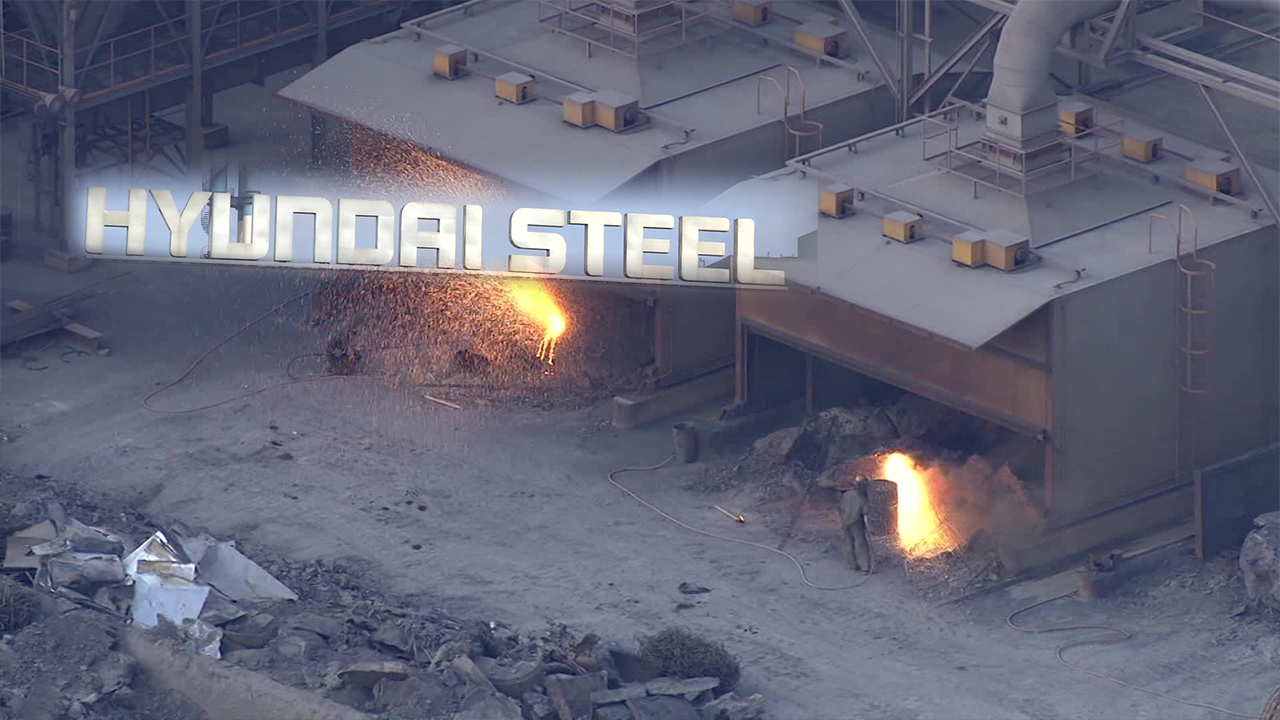
[Anchor]
On Jan. 20, former President Trump will be inaugurated as the new President of the United States.
President-elect Trump has announced a strong protectionist stance, stating that America comes first, even before taking office.
He has stated that he will impose a so-called 'universal tariff' of 10 to 20 percent on all countries.
If implemented, our companies, which have not had to pay tariffs due to the Korea-U.S. FTA, will face a significant burden.
There are also concerns that the semiconductor and electric vehicle subsidies promised to our companies in exchange for U.S. investment may become nonexistent.
As the change in the U.S. administration becomes an immediate concern, companies are contemplating countermeasures, while plans to expand investments in our key industry, automobiles, are being pursued.
Lee Do-yoon reports.
[Report]
Hyundai Steel supplies automotive steel plates to Hyundai Motor and Kia.
It is reported that they are considering building their first large steel mill in the U.S.
The plan is to produce molten iron, manufacture steel plates, and supply them to local automotive factories, all within the U.S.
Discussions are also ongoing with U.S. state governments, with the southern region, where Hyundai and Kia factories are located, being mentioned as a strong candidate for the site.
The local production capacity of Hyundai and Kia in the U.S. is expected to reach up to 1.2 million units annually, which calls for a large-scale investment.
This move is largely a preemptive response to the incoming Trump administration.
[Cho Cheol/ Senior Researcher, Korea Institute for Industrial Economics and Trade: "What Trump considers important is how much is produced locally and how many jobs are created. It won't be easy to build more automotive plants, so increasing local investments in sectors like steel seems likely..."]
The electric vehicle subsidies that President-elect Trump plans to reduce or eliminate, along with the tariffs he intends to raise, are the biggest challenges facing our automotive industry.
Steel has also been a representative item with heightened tariff barriers since the first Trump administration.
[Steel Industry Official/Voice Altered: "Since Trump implemented steel quotas, there are concerns that negotiations could worsen again or become unfavorable for us."]
The Hyundai Motor Group recently emphasized crisis response at their New Year’s meeting.
[Chang Jae-hoon/ Vice Chairman of Hyundai Motor/Jan. 6: "(Have you had any contact with the Trump administration yet?) Not yet. Internally, we are preparing to focus on various market responses."]
Hyundai Steel has stated that no decisions have been made regarding the establishment of a steel mill in the U.S., but the industry expects that investments by Korean companies in the U.S. will continue to increase during the Trump era.
KBS News, Lee Do-yoon.
On Jan. 20, former President Trump will be inaugurated as the new President of the United States.
President-elect Trump has announced a strong protectionist stance, stating that America comes first, even before taking office.
He has stated that he will impose a so-called 'universal tariff' of 10 to 20 percent on all countries.
If implemented, our companies, which have not had to pay tariffs due to the Korea-U.S. FTA, will face a significant burden.
There are also concerns that the semiconductor and electric vehicle subsidies promised to our companies in exchange for U.S. investment may become nonexistent.
As the change in the U.S. administration becomes an immediate concern, companies are contemplating countermeasures, while plans to expand investments in our key industry, automobiles, are being pursued.
Lee Do-yoon reports.
[Report]
Hyundai Steel supplies automotive steel plates to Hyundai Motor and Kia.
It is reported that they are considering building their first large steel mill in the U.S.
The plan is to produce molten iron, manufacture steel plates, and supply them to local automotive factories, all within the U.S.
Discussions are also ongoing with U.S. state governments, with the southern region, where Hyundai and Kia factories are located, being mentioned as a strong candidate for the site.
The local production capacity of Hyundai and Kia in the U.S. is expected to reach up to 1.2 million units annually, which calls for a large-scale investment.
This move is largely a preemptive response to the incoming Trump administration.
[Cho Cheol/ Senior Researcher, Korea Institute for Industrial Economics and Trade: "What Trump considers important is how much is produced locally and how many jobs are created. It won't be easy to build more automotive plants, so increasing local investments in sectors like steel seems likely..."]
The electric vehicle subsidies that President-elect Trump plans to reduce or eliminate, along with the tariffs he intends to raise, are the biggest challenges facing our automotive industry.
Steel has also been a representative item with heightened tariff barriers since the first Trump administration.
[Steel Industry Official/Voice Altered: "Since Trump implemented steel quotas, there are concerns that negotiations could worsen again or become unfavorable for us."]
The Hyundai Motor Group recently emphasized crisis response at their New Year’s meeting.
[Chang Jae-hoon/ Vice Chairman of Hyundai Motor/Jan. 6: "(Have you had any contact with the Trump administration yet?) Not yet. Internally, we are preparing to focus on various market responses."]
Hyundai Steel has stated that no decisions have been made regarding the establishment of a steel mill in the U.S., but the industry expects that investments by Korean companies in the U.S. will continue to increase during the Trump era.
KBS News, Lee Do-yoon.
-
-

이도윤 기자 dobby@kbs.co.kr
이도윤 기자의 기사 모음
-
이 기사가 좋으셨다면
-
좋아요
0
-
응원해요
0
-
후속 원해요
0










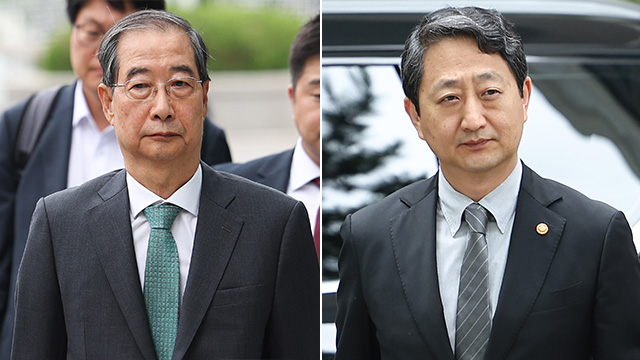
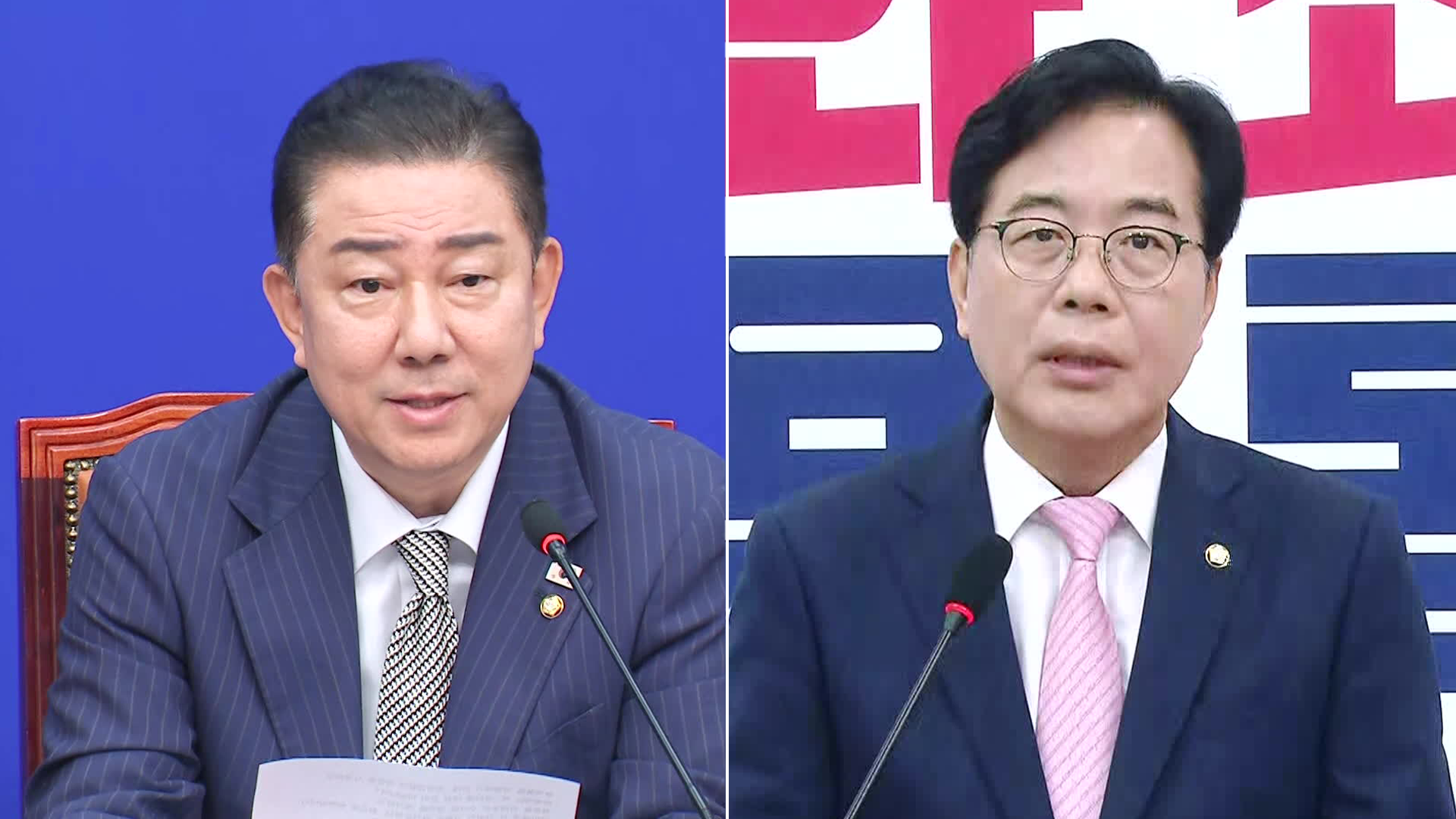
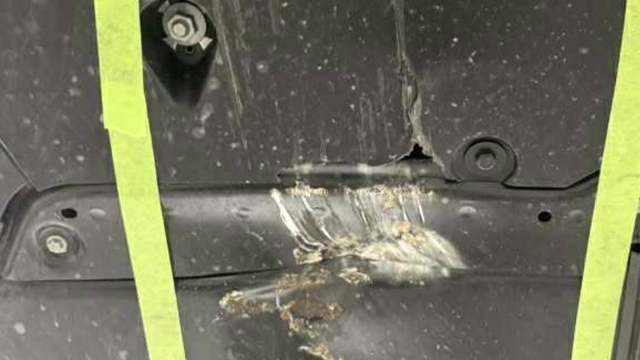
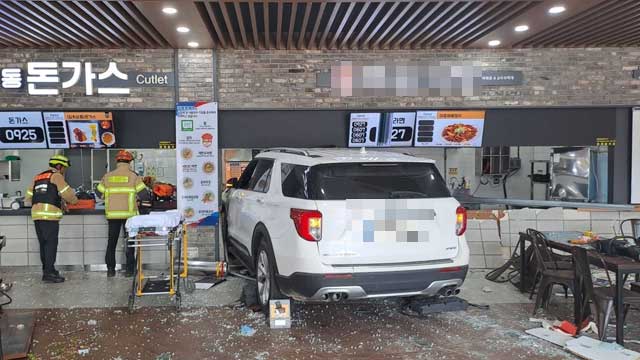

이 기사에 대한 의견을 남겨주세요.